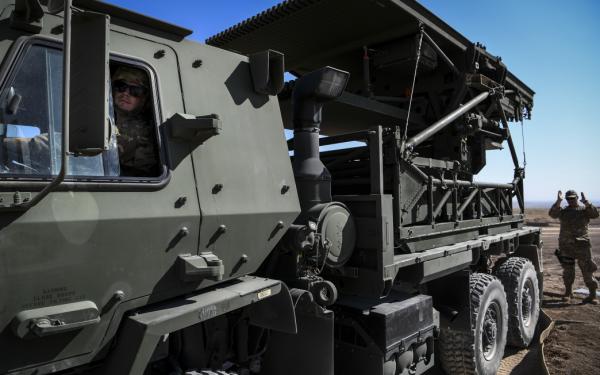
The U.S. Air Force has contracted Northrop Grumman Systems Corp. for enhancing current radar technologies to resist potential U.S. adversaries.
The contract, announced Thursday by the U.S. Department of Defense, is worth more than $16 million and covers develop technologies that continue to advance combat identification for warfighters.
According to a statement, Northrop Grumman Systems Corp., has been awarded a $16,51million contract for the Precision Real-Time Engagement Combat Identification Sensor Exploitation (PRECISE) program.
This contract provides for the technical assessments, prototype hardware and software modifications and development, systems engineering, performance simulations, system integration and demonstrations.
This program – the Precision Real-Time Engagement Combat Identification Sensor Exploitation (PRECISE) program – will primarily develop technologies that continue to advance combat ID for warfighters. PRECISE will leverage current efforts supporting the Air to Air Hydravision program, and is principally focused on radar-based identification of air and ground targets for airborne platforms, both tactical and reconnaissance.
The effort may investigate other sensors to include electro-optical, infrared, and multi- and hyperspectral. Improvements in these areas may involve and include technical assessments, prototype hardware and software modifications and development, systems engineering development, performance simulations, system integration, laboratory demonstrations, flight demonstrations, and participation in large demonstrations/ exercises.
Radar has been used for decades, yet potential U.S. adversaries are looking for ways to reduce radar’s effectiveness — especially at long ranges, Air Force researchers explain. PRECISE seeks to improve radar signal processing and fuse other sensors with radar to break ambiguities and improve confidence in declaring targets at long ranges.
Work will be performed in Baltimore, Maryland, and is expected to be completed Jan. 31, 2024.